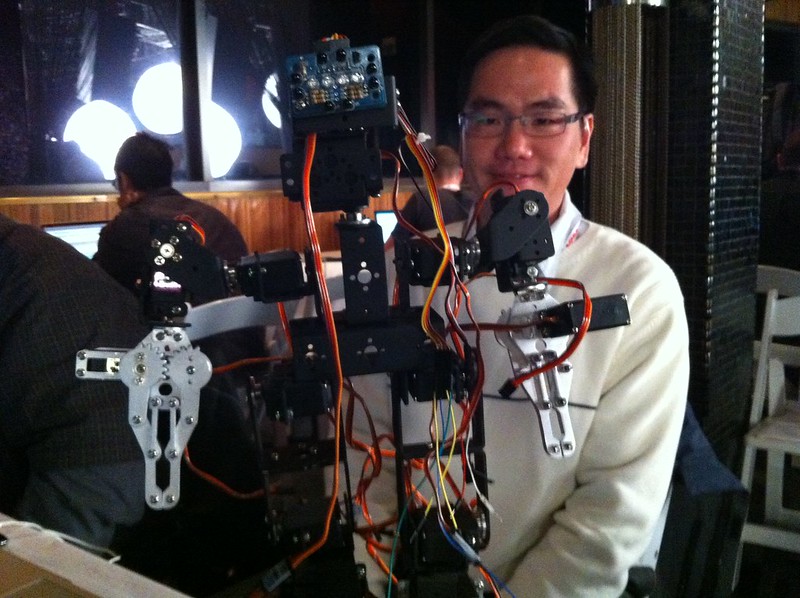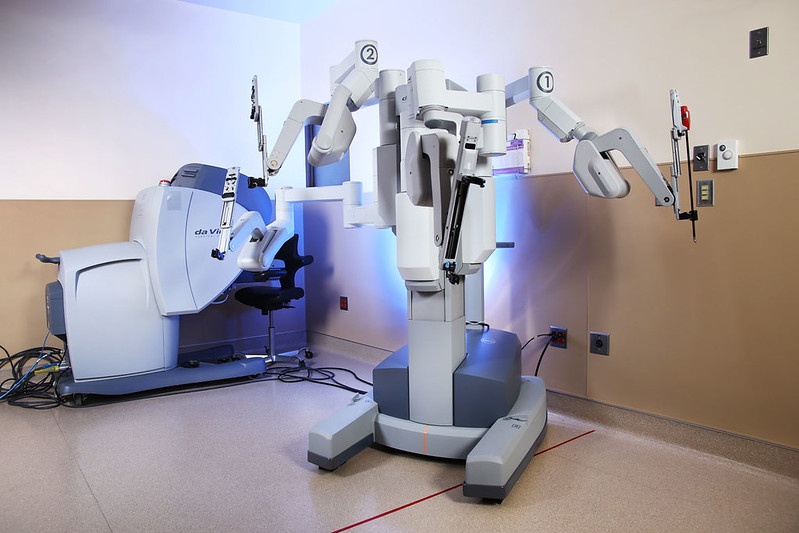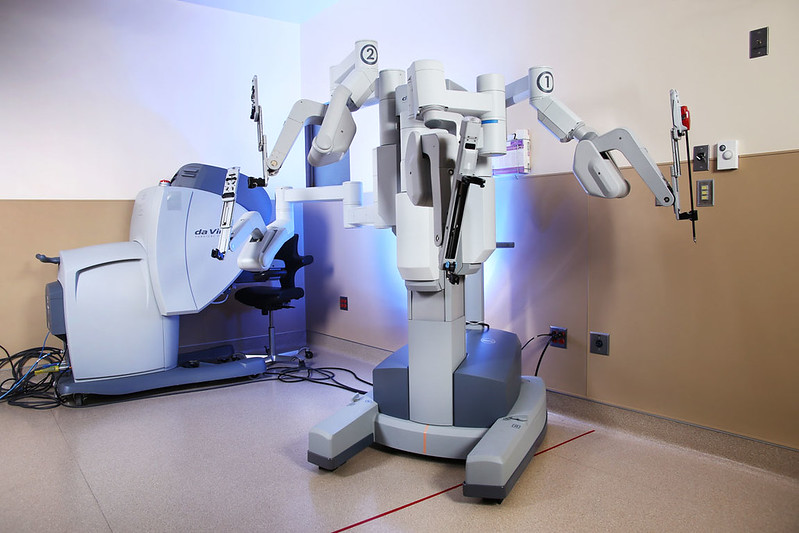No doubt that most of the African countries fall under the developing countries' tag, but even with this, the African continent is not that lacking when it comes to production, agriculture, and other sectors aside from technology and excellent medical services.
Medically, Africa is still far behind in the system compared to the developed countries. The health sector has been and is still facing so many problems and setbacks even till date.
With the rapid rise in the robotic surgery trend, is the African continent capable of welcoming it with an open arm? It takes a lot for this system to be adopted and integrated into a country’s medical system and, right now, African countries can only dream of it.

See also: https://businessafricans.com/excellent-african-doctors-in-diaspora-a-result-of-the-african-s-health-care-system
A Johns Hopkins professor, Russell H. Taylor, is known as the father of medical robotics worldwide. With 40 good years in robotics and 25 years in medical robotic specialization, he has come a very long way to achieve a great feat that is highly sought after in the medical world today. The surgical robotic market has grown from $3bn over the years, and it’s expected to hit $12.6bn by 2025.
Even the developed countries had their own downtimes with these machines when they were first introduced. The University of Illinois recorded over 140 deaths and more than 1,000 injuries that were linked to the aftermath of robotic surgery. The complications developed by the patients led to such unfortunate experiences. The hospital with the most comprehensive programs of robotic surgery for cancer currently is The Royal Marsden in the UK, where patients travel from all around the world to get treated there.
The problems of the robotic medical system are the cost and expertise that is required to operate it, since it cannot work independently without the help of an operator. E.g. only one in five students of renowned and high-level medical schools can boast of the necessary competency level to operate the Da Vinci Surgical System, which costs about $2M. This robotic system, which is manufactured by Intuitive Surgical Company of Silicon Valley, was approved in the year 2000 for use by the Food and Drug Administration (FDA) of the United States.
However, South Africa has used the Da Vinci system for surgery since its first use in 2015, To prove to the world that Africa’s problem is not ignorance and less education, but other factors like power supply in some countries, You can take the example of Nigeria there expensive maintenance and training costs, and the fear of patients who don’t trust their doctors enough. Currently, there are five robots being used in the South African medical system.

The treatment centers of Gatenga and Kanyinya in Kigali City enjoy the excellent services of these robots and Urumuri is currently deployed at the Kigali International Airport with the capacity to screen 50 to 150 people per minute and report abnormalities to officers on duty, speeding up the checking in and checking out processes.
Africa has proved its power in not only being able to operate smartphones but also producing theirs over the years, so there’s no doubt that Africa will also slowly transition into the robotic medical system in years to come, someday, very soon.
Written by Damilola Jimmy






